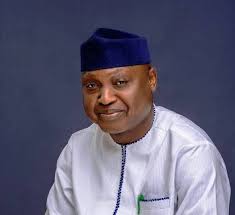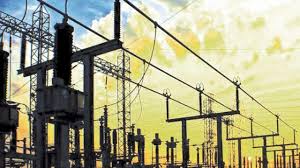Peter Obi, the 2023 presidential candidate of the Labour Party (LP) has criticised the recent increase in the Monetary Policy Rate (MPR) and Cash Reserve Ratio (CRR) to 22.75 percent and 45 percent respectively by the Central Bank of Nigeria (CBN).
Obi said the increase in MPR and CRR would worsen job losses in the productive and manufacturing markets, which rely on bank loans and credit facilities for funding.
Olayemi Cardoso, CBN’s governor announced the rate adjustment at a news conference on Tuesday after the committee’s meeting in Abuja.
Cardoso said the decision to jerk up the MPR was to tackle the high rate of inflation and the large volume of liquidity in the system.
The MPR is the baseline interest rate in an economy, every other interest rate used within the economy is built on it.
However, in a statement issued on Thursday, February 29, Obi argued that tightening liquidity in the financial system would not address underlying issues contributing to inflation in Nigeria.
He said; “Tightening liquidity in the financial system does not improve productivity, i.e. food production, which is the major cause of inflation in Nigeria.
“Moreover, only about 12% of N3.6 trillion of the total money in circulation is in the banking system which means that 88%, about N3.2 trillion is outside the banking system.
“So, this measure would rather be counterproductive as it would not address the intended purpose of managing the money supply.
“These new measures will worsen the fragile economy as the supply of funds would dry up for the real sector, and the new MPR rate hike will push the interest rate on loans to above 30%, which would be very difficult for the real sector operators especially manufacturers and SMEs to repay; resulting, obviously, in increased bad loans, and worsening the nation’s economic situation.”
“CBN should have adopted a different approach to address the soaring inflation rate in the country.
“the most critical way to manage our high rate of inflation and decline in production is for the government to address the issue of insecurity in the country, which will allow for increased food, and crude oil production, and an overall increase in production, which will make products, especially food, cheaper.
“This way we would increase our productivity as well as restore the confidence of FDIs and FPIs to come back to the country.
“I must caution that what the Nigerian economy needs now is hard headed practical originality and results.
Tinkering with classical economic theories can only deepen our crisis.”



















